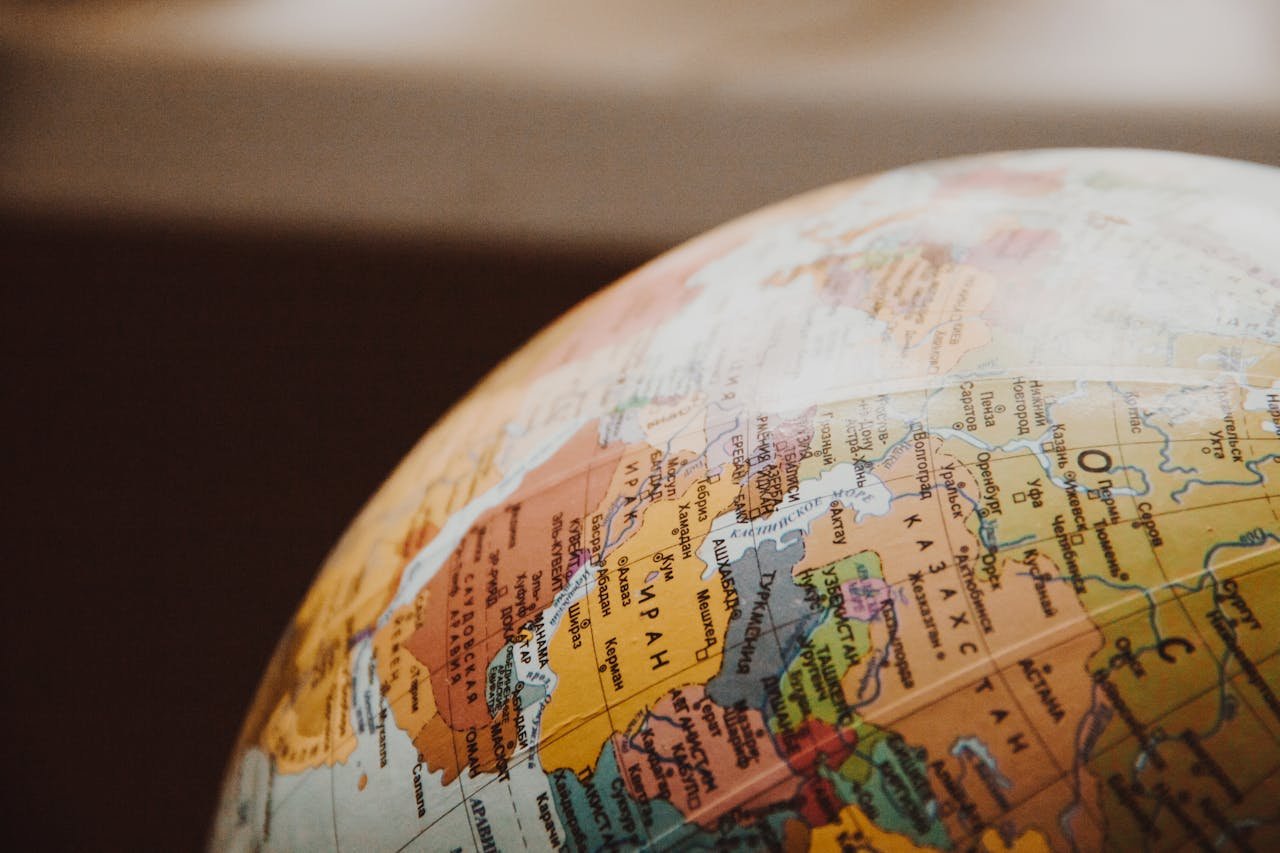When we talk about good countries, it’s easy to think some nations are simply better than others. But I believe this idea misses an important point. There are no truly ‘good’ countries—just ones that have been lucky in history, geography, or timing.
Many factors outside a country’s control shape its success. Natural resources, location, and historical events often decide a country’s fate more than good leadership or policies. This means comparing nations without seeing these advantages isn’t fair or accurate.
Understanding this helps change how we look at global differences. It shows why some countries win by chance, not because they are better. This view might make us rethink how to help others and appreciate what luck has given us.
Key Takeaways
- National success often depends on factors beyond control.
- Luck plays a larger role in a country’s situation than commonly believed.
- Comparing countries requires understanding their unique historical and geographical context.
Rethinking the Notion of ‘Good’ Countries
I believe many ideas about countries being “good” or “bad” come from personal views shaped by culture, history, and stories. What one person sees as positive might look different to someone else. This shows how complex and changeable these ideas really are.
Subjectivity in Defining National Virtue
When I think about what makes a country “good,” I see it’s mostly a personal opinion. Different people value different things. Some focus on economic success, others on human rights, or environmental care.
For example, one person might praise a country for its freedom of speech but judge it poorly for poverty levels. Another might do the opposite. This means calling a country “good” depends on what you care about most.
The Role of Historical Circumstance
Countries do not start on equal footing. I notice that geography, natural resources, and past events shape a country’s chances. Some have had long periods of peace, others have dealt with war or colonisation.
These factors affect their development and stability. A country that looks “good” today might just be lucky to avoid some hardships. History creates advantages or challenges beyond a country’s control.
Impact of Cultural Narratives
I see that the stories people tell about their countries influence how they see them. National pride, media, and education highlight some facts and ignore others. This can make countries look better or worse than they really are.
Cultural narratives can create a strong identity, but they also hide problems or failures. Therefore, I think we must question these narratives to understand a country’s true nature, rather than accept simple labels like “good” or “bad.”
Key points summarised in a table:
| Topic | Main Idea |
|---|---|
| Subjectivity in Virtue | What is “good” varies by personal values and priorities |
| Historical Circumstance | Past events and geography shape a country’s chances |
| Cultural Narratives | Stories told influence national image and identity |
The Influence of Luck on National Success
I believe a country’s success often depends on factors beyond its control. Geography and natural resources can make a big difference in how well a nation does economically and socially.
Geographical Advantages
Some countries are simply born in better places. Being near coastlines, for example, can make trade easier and cheaper. Nations like the UK and Japan had early economic success partly because they could trade by sea with many others.
Climate also plays a role. Countries with moderate climates, like much of Europe, find farming and living conditions easier. Harsh climates can slow development, as seen in parts of Africa and Siberia.
Geography influences security too. Mountain ranges or islands can protect a country from invasions, giving it time to grow. Switzerland’s mountains, for example, helped it avoid many wars.
Resource Distribution and Access
Natural resources such as oil, minerals, and fertile land can boost a country’s wealth. Saudi Arabia and Australia are examples where resource wealth has shaped their economies.
Yet, not every country with resources prospers equally. Access to these resources matters—some landlocked countries struggle to export goods. Infrastructure and political stability also influence how well a country uses its resources.
Resource wealth can sometimes cause problems too. Some nations depend on one resource and suffer when prices fall. This dependence is called the “resource curse” and has affected countries like Venezuela.
Conclusion: The Myth of National Superiority – And Why It Matters
The truth is uncomfortable: countries aren’t “good” or “bad” – they’re lucky or unlucky. Geography handed some nations fertile land, navigable rivers, or defensible borders. History gave others a head start through colonialism or spared them from devastating wars. Resources like oil or rare minerals were pure lottery wins.
This isn’t about excusing failure or dismissing success. It’s about recognizing that:
Moral judgments between nations are often shallow – A country’s “virtue” usually reflects its luck, not its people’s worth.
Global inequality isn’t natural or fair – It’s the result of stacked historical decks.
Progress requires humility – “Successful” nations should acknowledge their advantages, while struggling ones deserve solutions, not scorn.
The next time someone claims their country is “better,” remember: there are no self-made nations. The real test of a society isn’t where it started, but what it does with the hand it was dealt.
Final Thought:
“A society should be judged not by its wealth or power, but by how it treats those born without either.”





